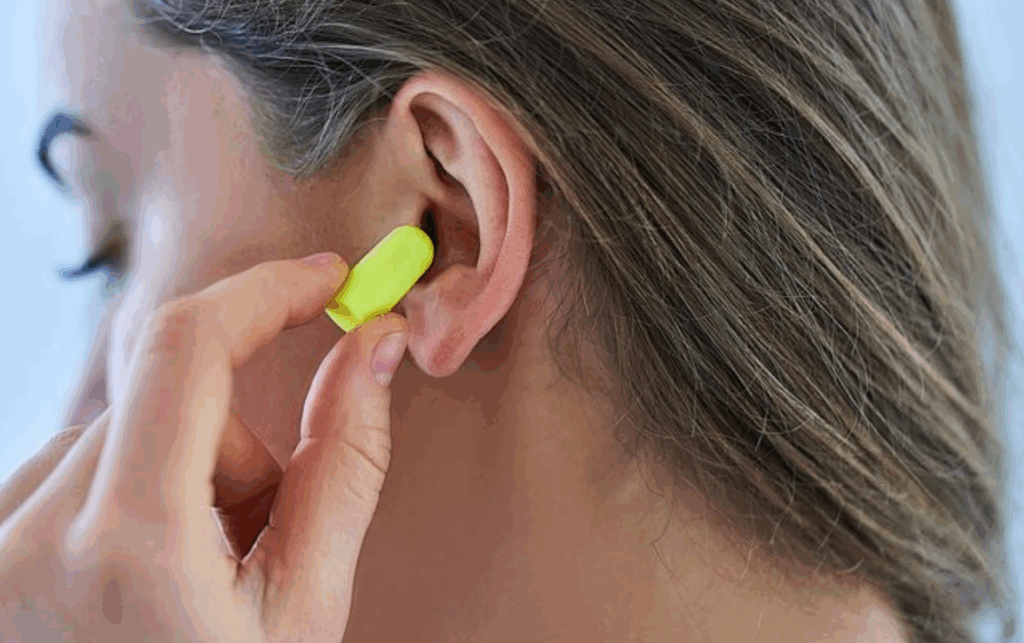What Causes “Crackling in Ear” Sensations? Find Answers Here
Hearing an unexpected crackling sound in your ear may stop you in your tracks. It may show up while you’re swallowing, after a cold, or during a flight when air pressure changes. Some people experience it with muffled hearing, ear pain, or a popping sensation that seems to have no clear cause. These ear symptoms often signal that something may be going on inside the ear canal or middle ear.









